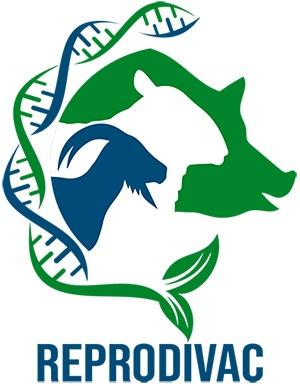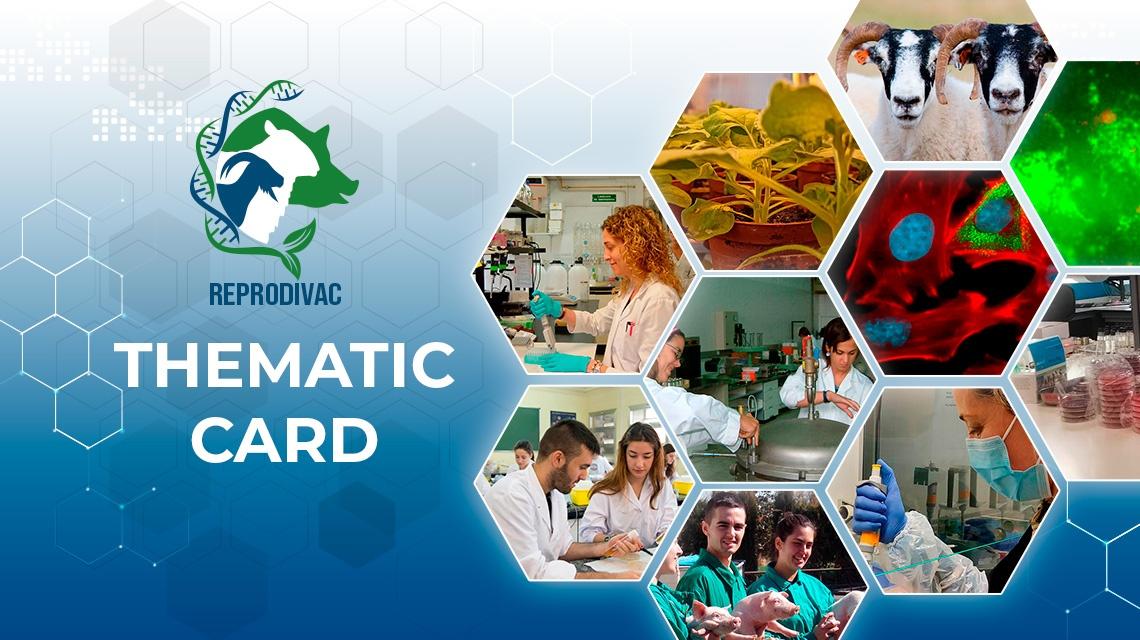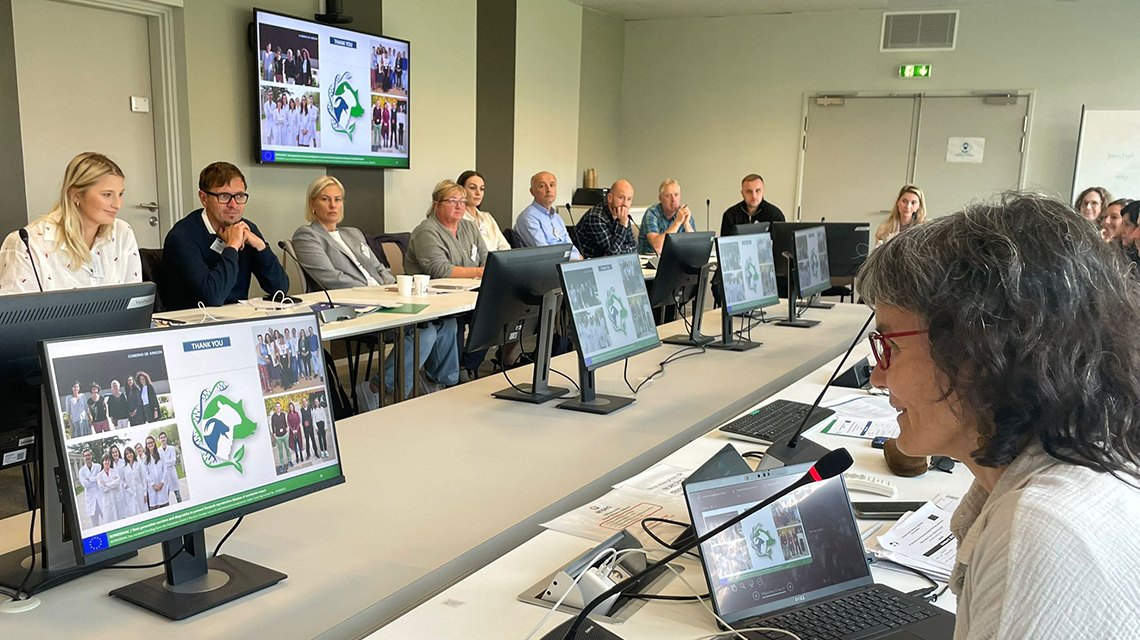REPRODIVAC - Next-generation vaccines and diagnostics to prevent livestock reproductive diseases of worldwide impact
REPRODIVAC - Next-generation vaccines and diagnostics to prevent livestock reproductive diseases of worldwide impact

Infected cells

Rational antigen selection and vaccine design
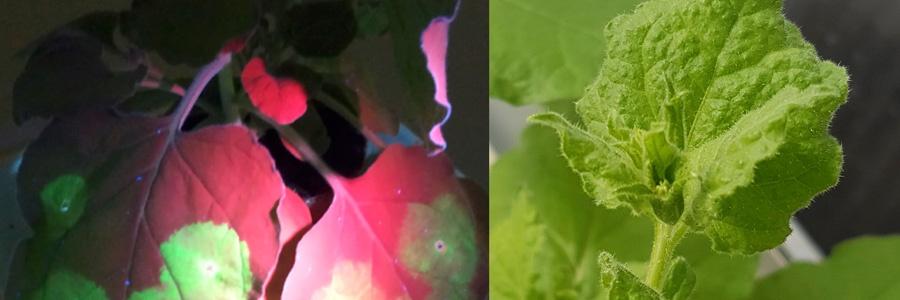
Antigen production
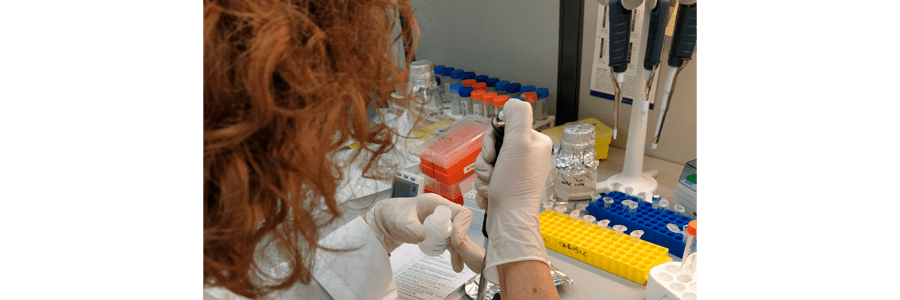
Diagnostic assay development
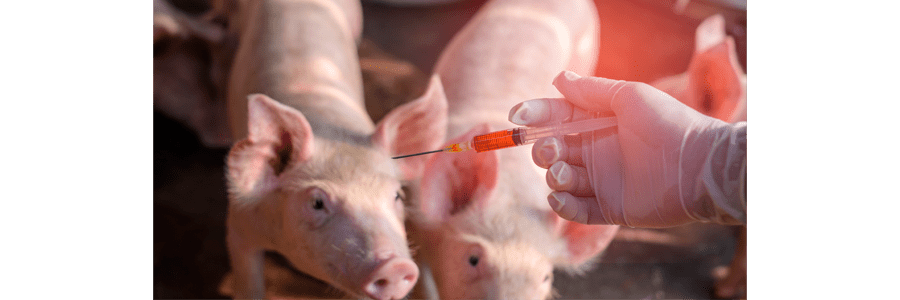
Vaccine development
REPRODIVAC project aims to develop innovative vaccines and diagnostics for endemic and zoonotic reproductive pathogens of livestock to improve animal welfare, reduce antimicrobial usage in farming, protect public health with a ‘One Health’ perspective, and strengthen the profitability of food animal systems. The new vaccines and diagnostics will be further developed and made accessible to users by the industrial partners involved in the project. Thereby by using the latest technologies in vaccine and diagnostic development REPRODIVAC will improve animal health and welfare, productivity and sustainability of the livestock sector, as well as human health.
REPRODIVAC has received funding from the European Union’s Horizon Europe research and innovation programme under Grant Agreement No. 101060813. Views and opinions expressed are however those of the author(s) only and do not necessarily reflect those of the European Union or other granting authorities. Neither the European Union nor the other granting authorities can be held responsible for them.

REPRODIVAC has received funding from the European Union’s Horizon Europe research and innovation programme under Grant Agreement No. 101060813. Views and opinions expressed are however those of the author(s) only and do not necessarily reflect those of the European Union or other granting authorities. Neither the European Union nor the other granting authorities can be held responsible for them.
